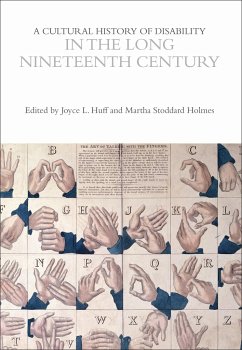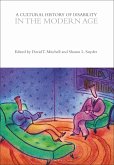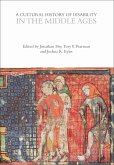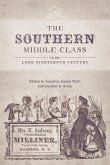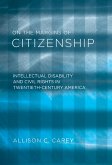The long 19th century-stretching from the start of the American Revolution in 1776 to the end of World War I in 1918-was a pivotal period in the history of disability for the Western world and the cultures under its imperial sway. Industrialization was a major factor in the changing landscape of disability, providing new adaptive technologies and means of access while simultaneously contributing to the creation of a mass-produced environment hostile to bodies and minds that did not adhere to emerging norms. In defining disability, medical views, which framed disabilities as problems to be solved, competed with discourses from such diverse realms as religion, entertainment, education, and literature. Disabled writers and activists generated important counternarratives, made increasingly available through the spread of print culture. An essential resource for researchers, scholars and students of history, literature, culture and education, A Cultural History of Disability in the Long Nineteenth Century includes chapters on atypical bodies, mobility impairment, chronic pain and illness, blindness, deafness, speech dysfluencies, learning difficulties, and mental health, with 37 illustrations drawn from period sources.
Hinweis: Dieser Artikel kann nur an eine deutsche Lieferadresse ausgeliefert werden.
Hinweis: Dieser Artikel kann nur an eine deutsche Lieferadresse ausgeliefert werden.

